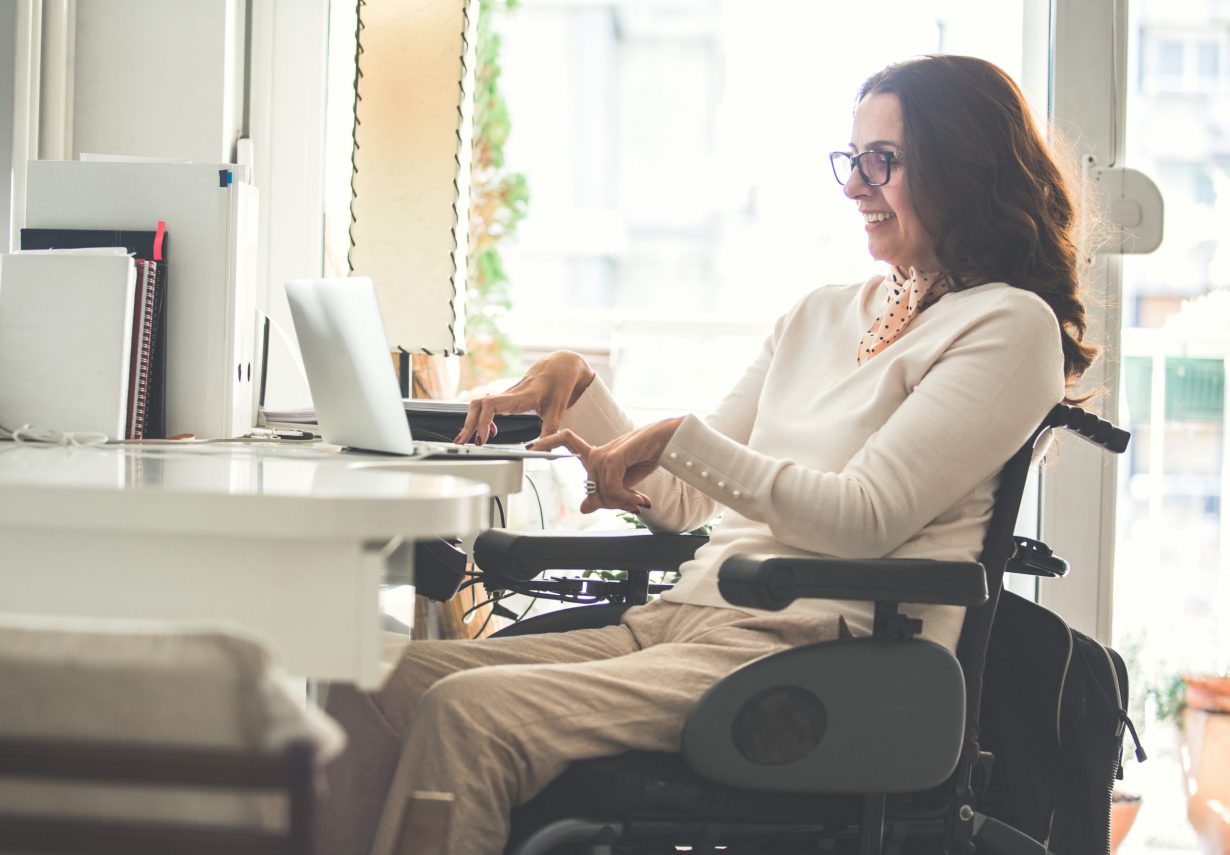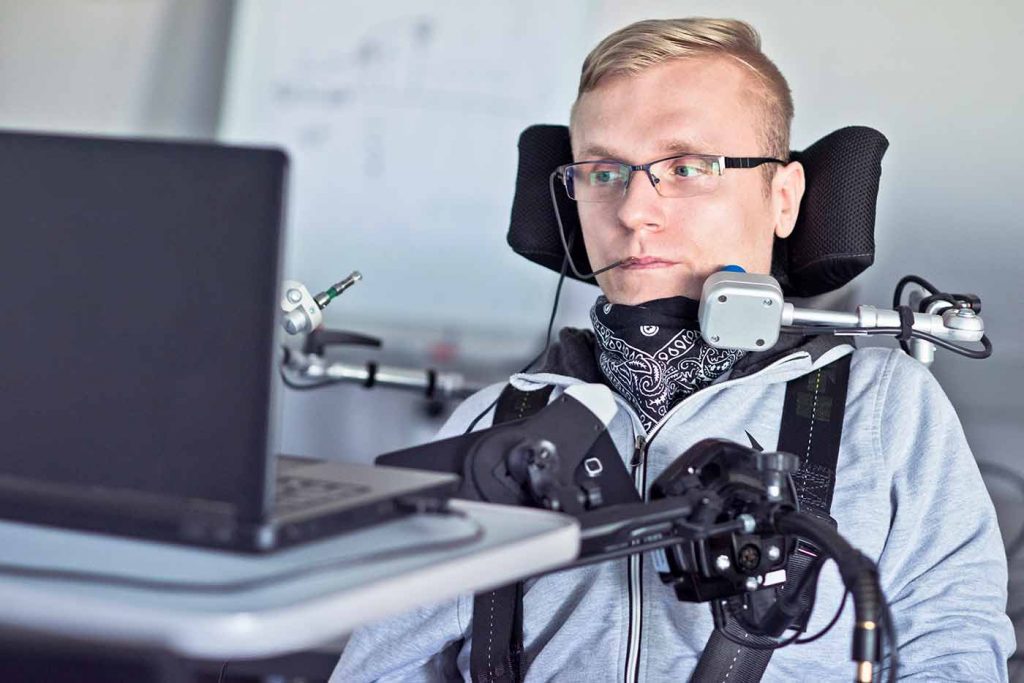

Accessibility for people with disabilities and access to the Internet for everyone is the key to social transformation.
To make headway in the inclusion process we need certain guarantees and measures that should always be available in order to achieve this. Accessibility is one of them.
We need to bear in mind that more than one billion people have some form of disability, a figure that represents 15% of the world’s population. Governments, organisations, businesses, and citizens should take notice of this fact if we want to make better use of actions that foster real social inclusion and stimulate productivity.
For many years, the concept of disability was tied to improvements in the physical environment. Today, the concept has evolved, and we think of it as encompassing a large range of measures that are necessary for a freer, more productive, and responsible society.
We need to always remember that universal accessibility is essential if we want to guarantee true social inclusion.
What do we need to bear in mind if we want to guarantee accessibility?
Ensuring accessibility means making sure that every person is able to engage in everyday activities at any time regardless of their condition, without barriers.
These activities can be divided into four categories: Ambulation, Apprehension, Location, and Communication, known as MGLC criteria (DALCO in Spanish):
- Moving: This refers to the action of displacing oneself from one location to another. Horizontally (corridors, streets, etc.) and vertically (stairs, ramps, lifts, etc.). This also covers mobility of all kinds.
- Grasping: This is the action of picking up something; reaching an objective is also implicit in this term.
- Localisation: The action of ascertaining the exact place and time in which to find something or someone; or when an event takes place.
- Communication: The action of exchanging information, firmly supported by new technology and digitalisation, and steadfastly committed to closing the digital divide.

We are all winners if we ensure web accessibility for people with disabilities
At inSuit we are committed to offering a solution that focuses on accessibility, opening a window that will make the Internet easier to use, more effective and accessible to all.
Despite all the efforts we’ve made to date, we are still seeing people’s basic right to freedom compromised. This conditions and limits personal development for a group that is eminently important to society, namely, people with disabilities.
Being able to contribute thanks to better digital access opens the door to greater equality, equal opportunities, and conditions that improve user experience, generate employment, ensure access to information and more opportunities for the business sector to reach an underexploited business niche.
We are referring to the differently-abled community, which represents a worldwide market of more than one billion people with a purchasing power of more than six billion dollars.
inSuit’s value proposition, based on web accessibility for people with disabilities
At inSuit the first thing we take into consideration is the principle of universal accessibility. These are the characteristics required by our environment, goods, products, and services that will enable everyone to access, understand, use, and enjoy digital environments freely, securely, and efficiently.
In this regard, we offer a web accessibility solution created in keeping with the WCAG and WAI-ARIA criteria that transforms your website in real time. It also provides various technical aids from the cloud to ensure an accessible browsing experience.
And all this is customized by our accessibility and web usability experts.
This work allows inSuit to make reasonable adjustments considered by the law as being essential to guaranteeing the right to equality and equal opportunities for people with disabilities. Beyond legislation, digital accessibility is also beneficial for other reasons as well, not only for the differently abled community.
The principles of good browsing, feedback and guidance are important when designing web pages if we want to achieve a good marketing conversion rate, exposure, and better user experience.


